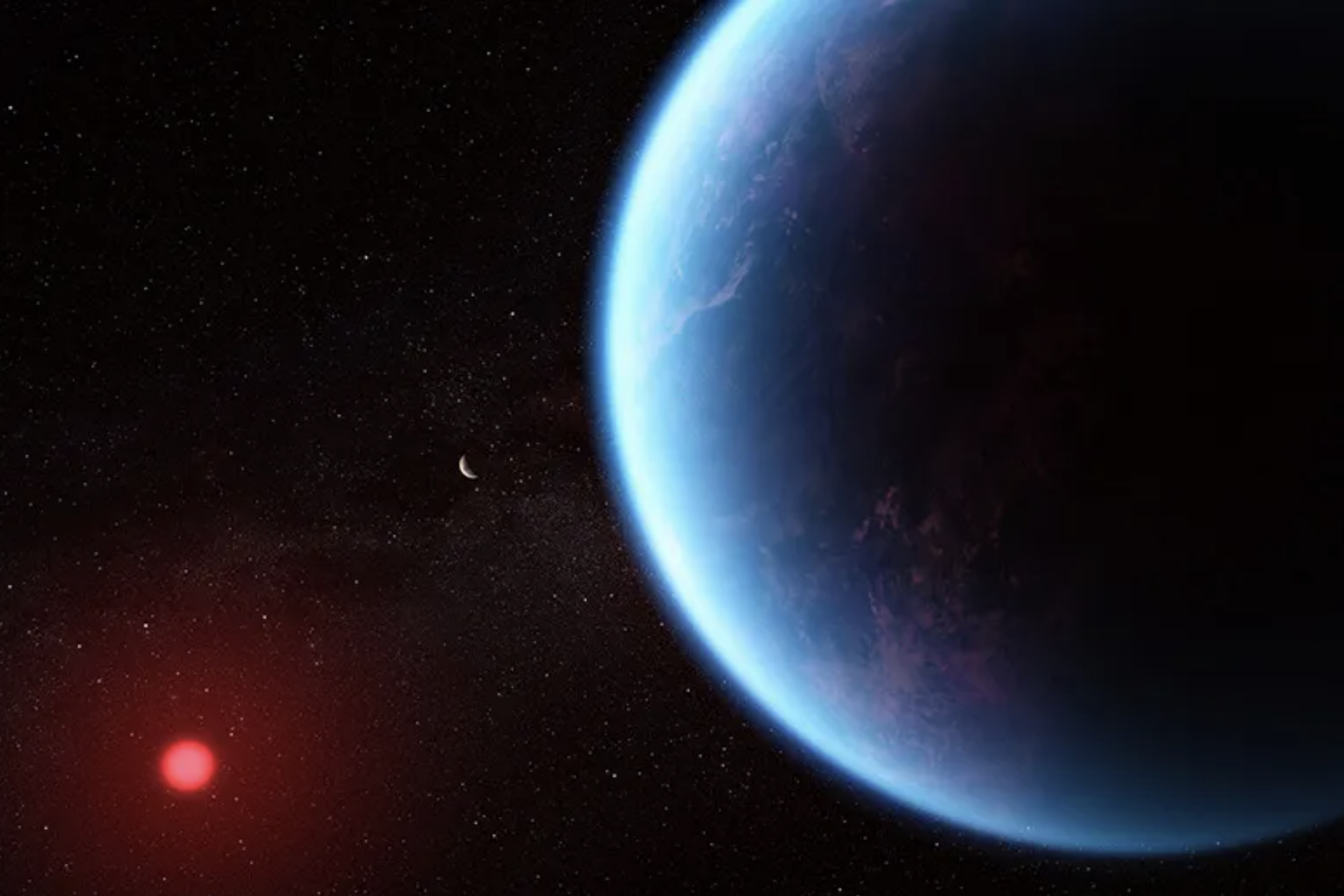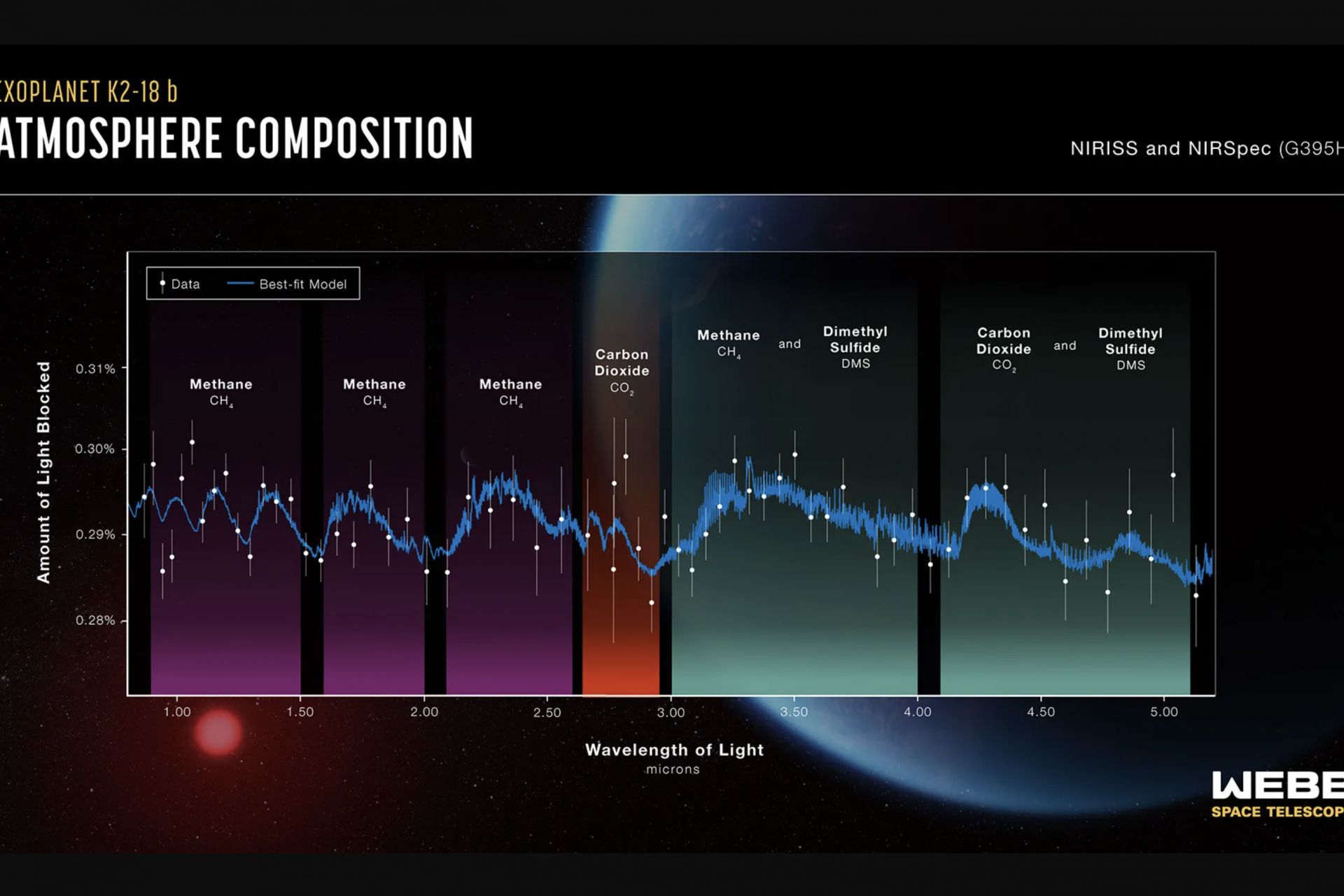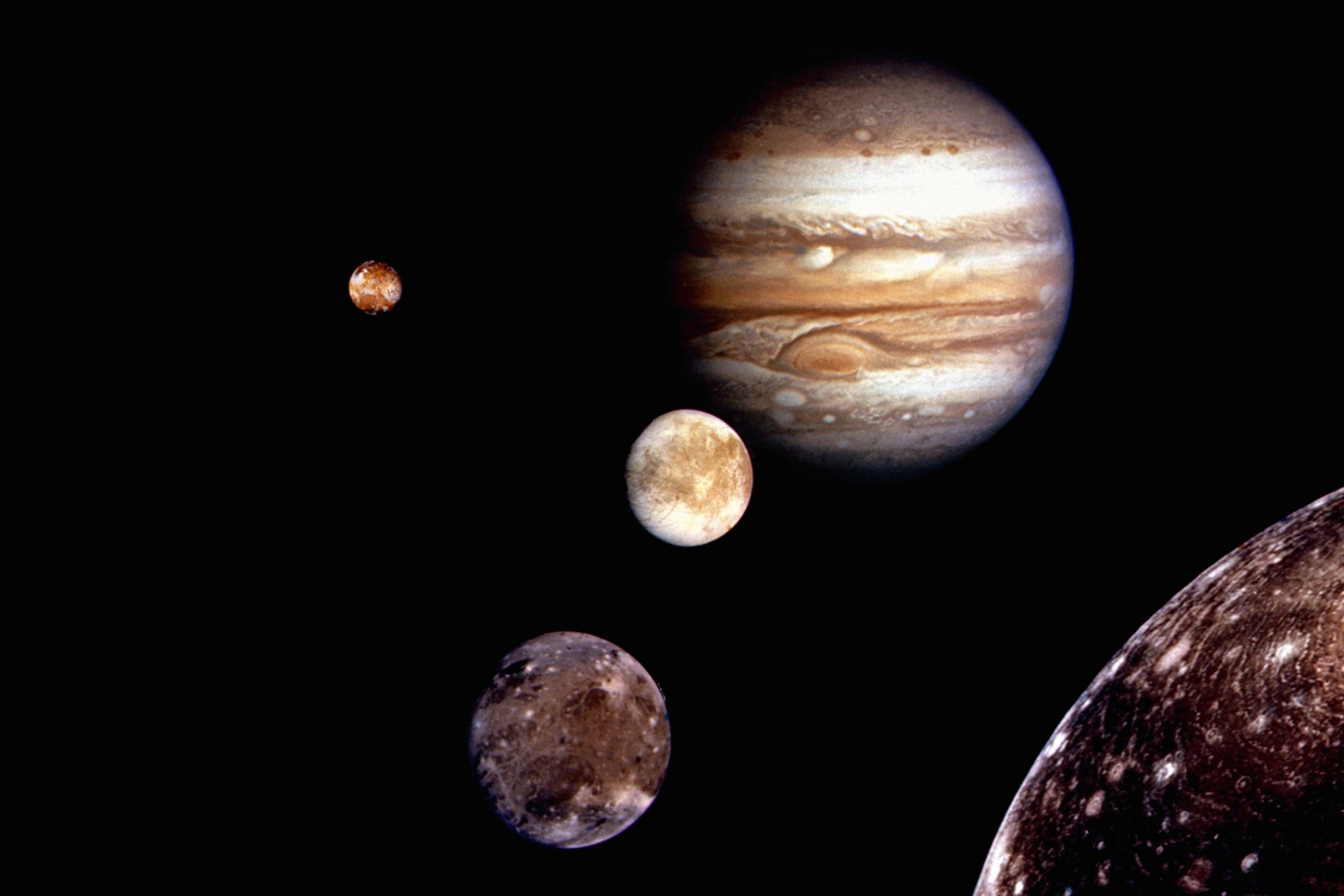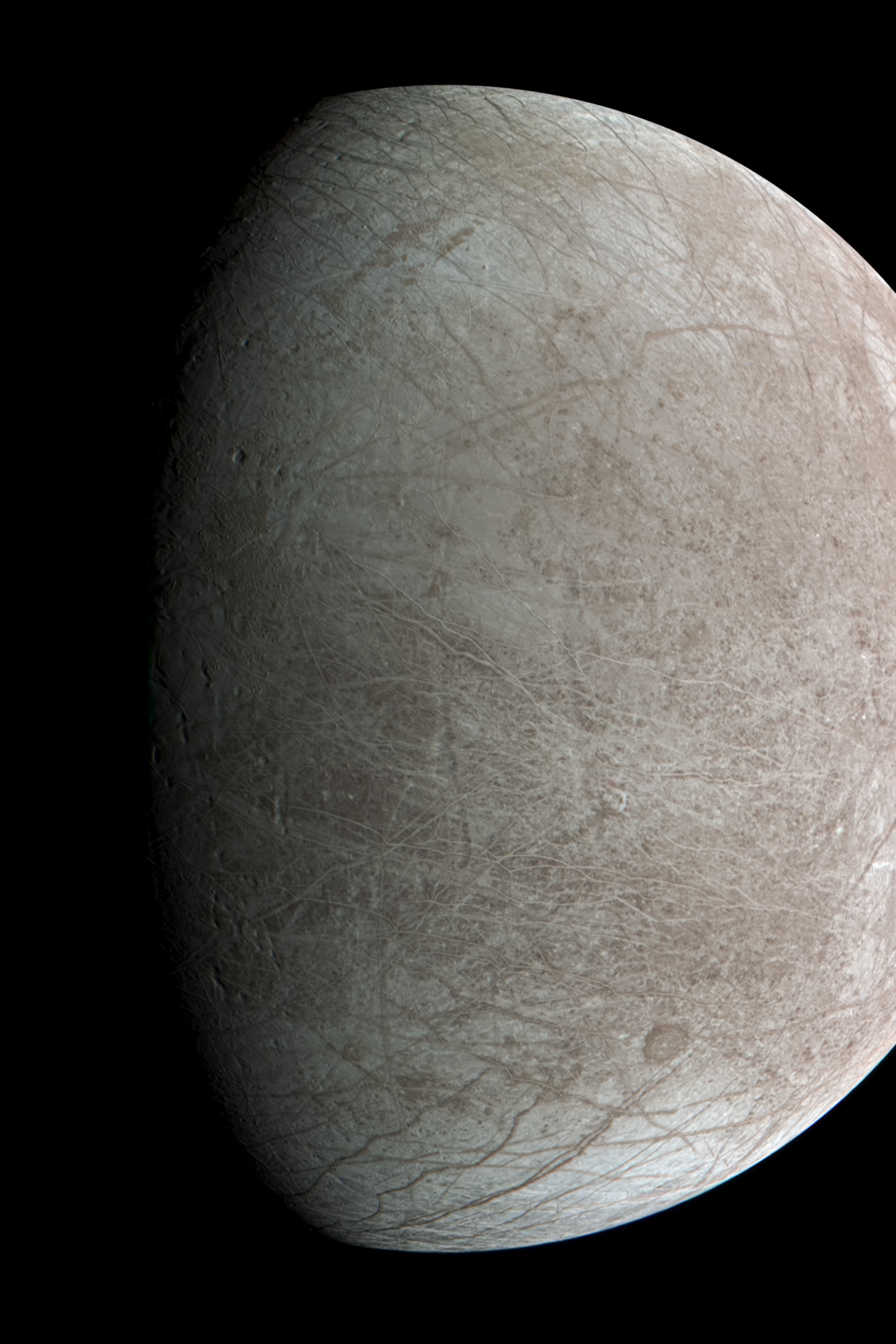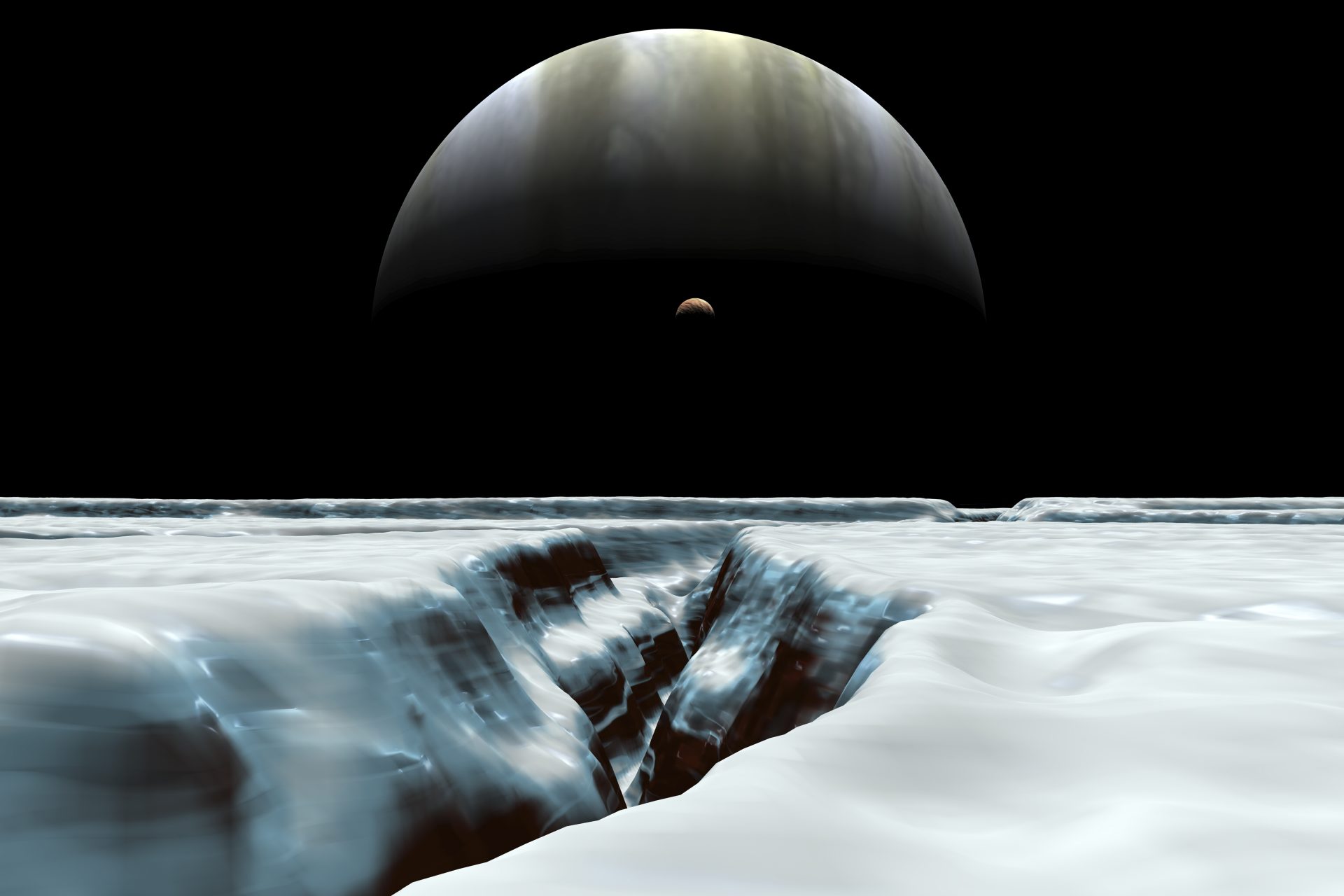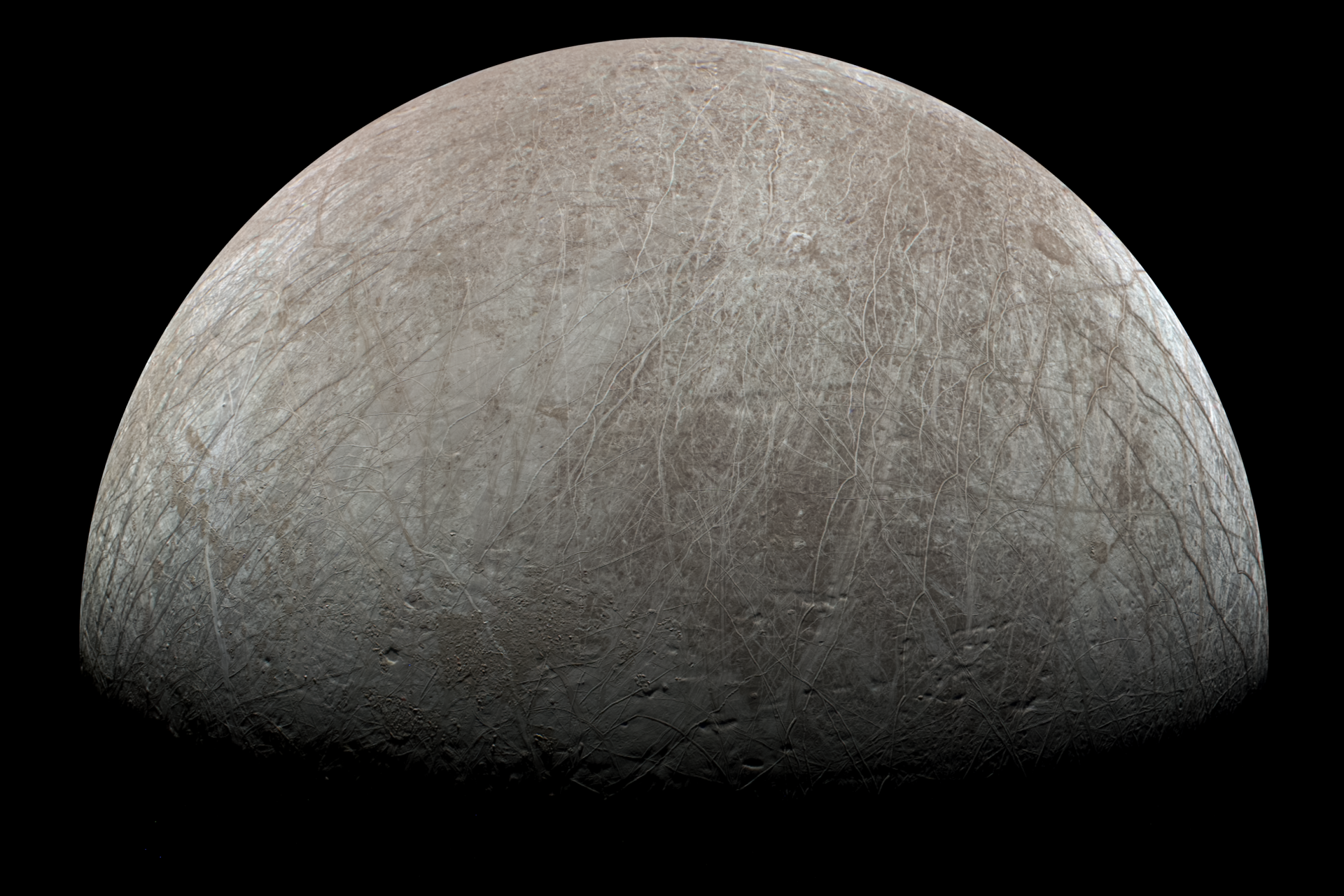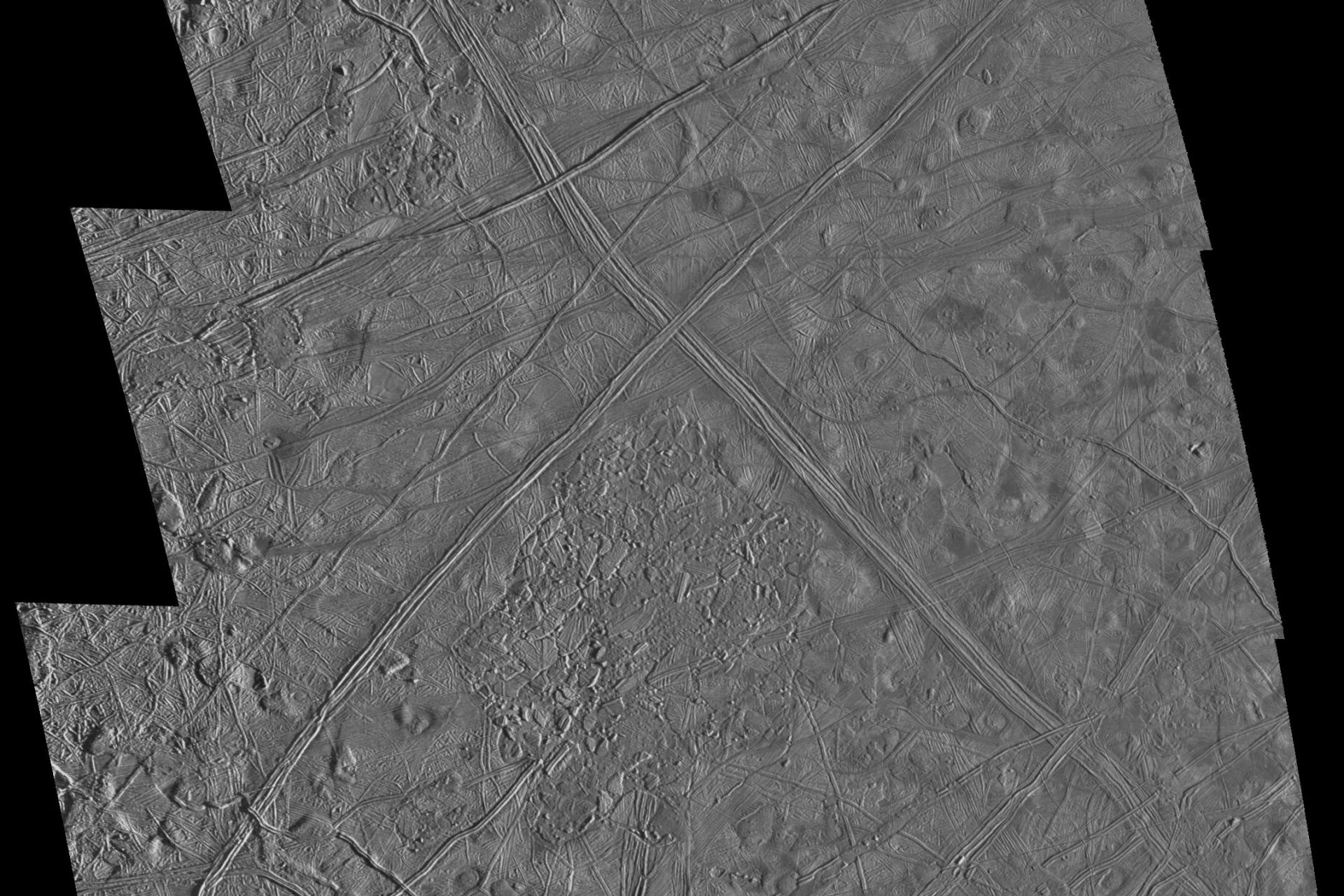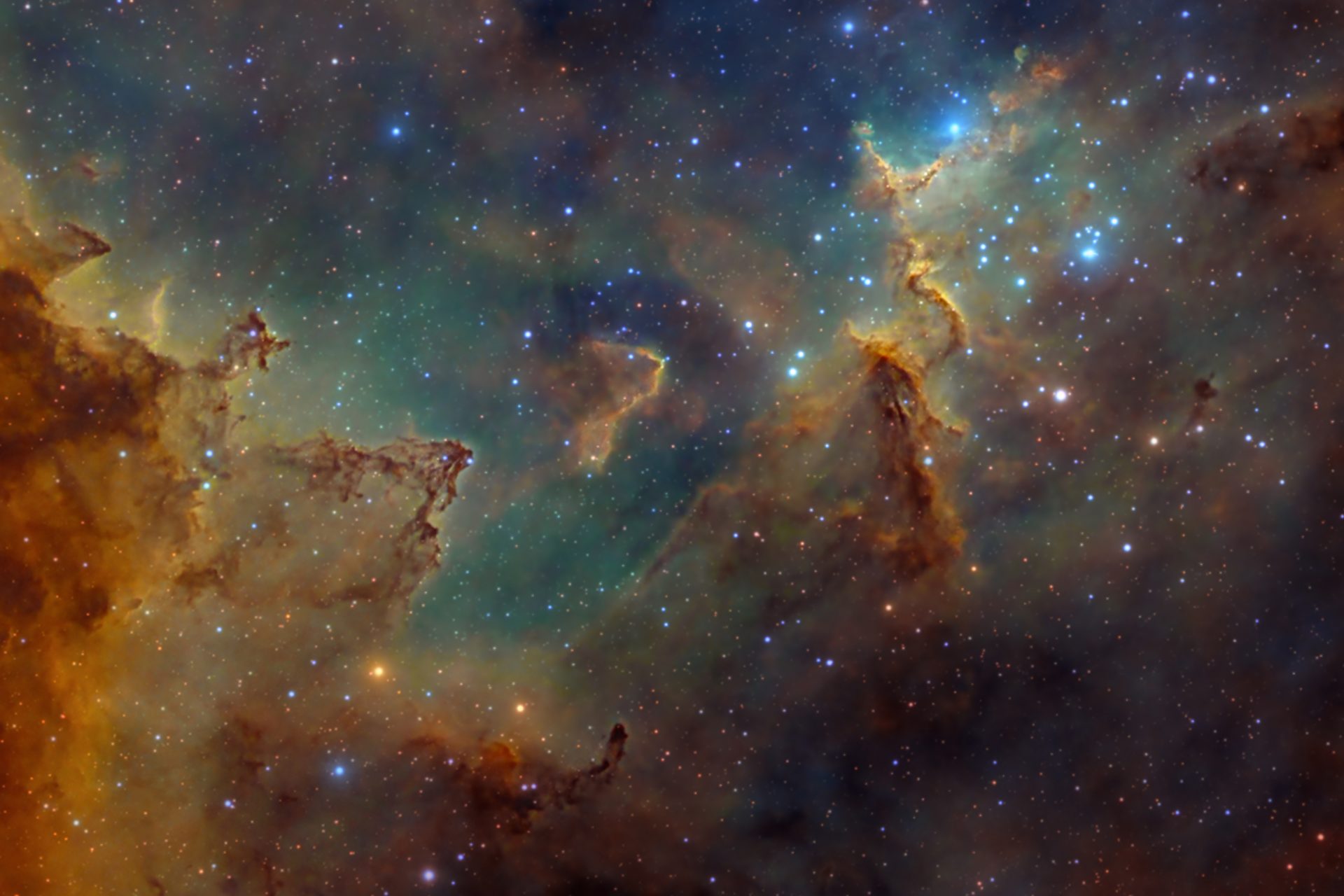Do aliens exist? Scientists say finding life is only a matter of time
Are humans alone in the universe? This is quite possibly the greatest unanswered question of all time but those who spend their lives studying the cosmos are no longer thinking about if life exists but rather how long it will be before we find it.
Humanity has come a long way in our ability to peer into the depths of the universe and new tools like the James Webb Space Telescope have allowed astronomers to make a lot of stunning findings about what’s going on in space.
For example, scientists using the James Webb Space Telescope stumbled across what they explained could be possible signs of life coming from a giant Earth-like exo-planet designated K2-18b just outside our solar system.
Pictured: Artist rendition of K2-18b / Photo Credit: NASA, CSA, ESA, J. Olmsted (STScI), Science: N. Madhusudhan (Cambridge University)
An investigation into the planet revealed it contained “carbon-bearing molecules,” which included methane and carbon dioxide a NASA report found. K2-18b may even be home to a watery surface and hydrogen atmosphere, The Hill reported.
Photo Credit: NASA, CSA, ESA, J. Olmsted (STScI), Science: N. Madhusudhan (Cambridge University)
Whether or not life exists on the planet is not known of course. However, if the planet is home to the conditions stated in the NASA report then it could very well play host to all kinds of weird alien life on its Earth-like surface.
The James Webb Space Telescope has also made groundbreaking discoveries closer to home in our own solar system after researchers used the telescope to peer into one of Jupiter’s moons long thought to harbor life.
“Europa is one of a handful of worlds in our solar system that could potentially harbor conditions suitable for life,” according to NASA. The ice world has a hidden lake under its surface but there's one big problem.
Photo Credit: Wiki Commons: By NASA/JPL-Caltech/SwRI/MSSS/Kevin M. Gill - File: Europa - PJ45-2.png from https://www.missionjuno.swri.edu/junocam/processing?id=13844, CC BY 3.0, https://commons.wikimedia.org/w/index.php?curid=125306643
Researchers have never been able to confirm the ocean under Europa’s icy surface has the chemicals needed to foster life, at least until now. Astronomers have just discovered carbon dioxide on the moon’s surface.
However, this discovery was far more important due to the fact that the carbon dioxide was found in a specific region which indicates it most likely came from the ocean under the moon’s surface. This was groundbreaking.
Photo Credit: Wiki Commons: By NASA/JPL-Caltech/SwRI/MSSS/Kevin M. Gill - https://www.missionjuno.swri.edu/junocam/processing?id=13843, CC BY 3.0, https://commons.wikimedia.org/w/index.php?curid=125306494
“We now think that we have observational evidence that the carbon we see on Europa’s surface came from the ocean. That’s not a trivial thing. Carbon is a biologically essential element,” explained Cornell University’s Samantha Trumbo.
Photo Credit: Twitter @CornellCAS
Trumbo was the lead author of the second paper to analyze the data from Europa and she explained that the carbon dioxide discovered is concentrated in three places on the surface of the moon, indicating it may come from the ocean below.
Photo Credit: Wiki Commons: By NASA / JPL / Arizona State University - http://photojournal.jpl.nasa.gov/catalog/PIA01092, Public Domain, https://commons.wikimedia.org/w/index.php?curid=3248831
Discoveries like the carbon dioxide on K2-18b and Europa are being made every day by researchers using the James Webb Space Telescope, which is why some scientists who work with the telescope have changed their questions about life in the universe.
"We live in an infinite Universe, with infinite stars and planets. And it's been obvious to many of us that we can't be the only intelligent life out there," Scotland's Astronomer Royal Cathrine Heymans explained to BBC News.
Photo Credit: Wiki Commons: By Mihaela Bodlovic - https://www.flickr.com/photos/michaspage/12708430335/, CC BY 2.0, https://commons.wikimedia.org/w/index.php?curid=74230019
"We now have the technology and the capability to answer the question of whether we are alone in the cosmos,” Heymans added. The key question is not if we will find life in our universe, but rather when will we find it.
Humanity may be a long way off from discovering the first alien species in the universe but at least we’re now equipped with what we need to make the discovery. BBC News noted that 30 years ago we didn’t even know of any stars that orbit other stars.
"If we find signs of life,” said Director of Seti's Carl Sagan Center for the Study of Life in the Universe Dr. Nathalie Cabrol, “it will be a revolution in science and it is also going to be a massive change in the way humanity looks at itself and its place in the Universe."
More for you
Top Stories





